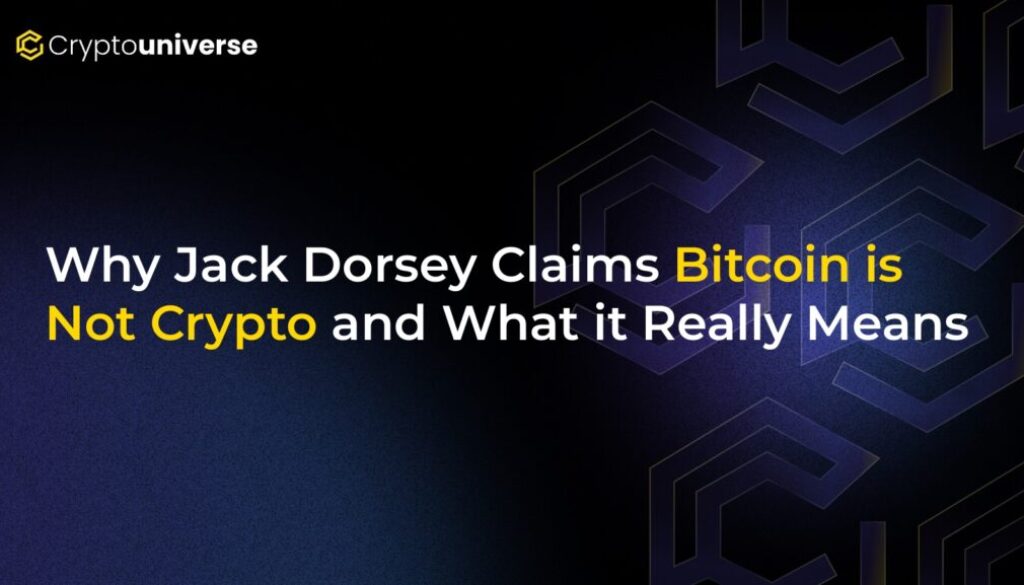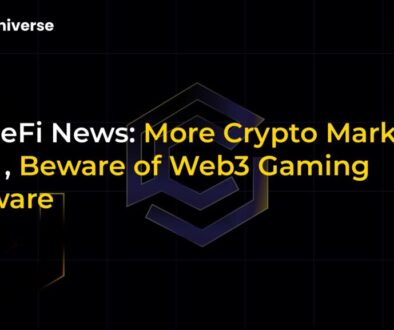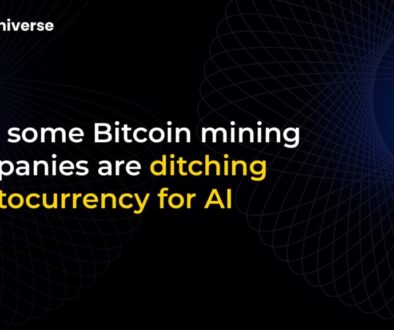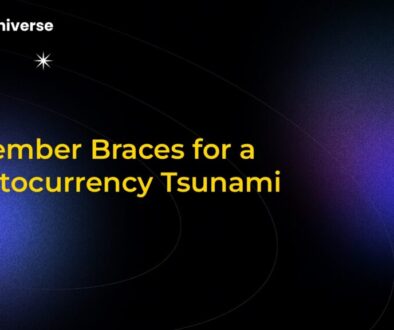Why Jack Dorsey Claims Bitcoin is Not Crypto and What it Really Means

A Single Tweet Shakes the Digital Asset World
In the fast-paced and often contentious world of digital assets, it takes a lot to make everyone stop and stare. Jack Dorsey, the co-founder of Twitter and CEO of Block, managed to do just that with a simple, three-word tweet that sent ripples across the community:
bitcoin is not crypto
— jack (@jack) October 19, 2025
Garnering over 3.8 million views and thousands of comments, this provocative statement from one of tech’s most influential figures has reignited a fundamental debate about the nature of Bitcoin and its relationship with the broader ecosystem it spawned. But what did Dorsey mean? And is he right? Let’s dive into the arguments and explore what this controversy reveals about the industry’s evolving identity.
Going Back to the Source: Dorsey’s White Paper Argument
Dorsey’s claim isn’t just a random thought; it’s rooted in a strict interpretation of Bitcoin’s founding document. He argues that the term “crypto” is conspicuously absent from Satoshi Nakamoto’s groundbreaking 2008 white paper, “Bitcoin: A Peer-to-Peer Electronic Cash System.”
Instead of “cryptocurrency,” Satoshi used descriptive phrases like:
- “A peer-to-peer version of electronic cash”
- “An electronic payment system based on cryptographic proof”
For Dorsey, the emphasis is clear: Bitcoin was designed to be a currency and a payment system. He believes the term “crypto” has become a catch-all for a vast and varied landscape of thousands of other digital tokens, speculative assets, and complex technologies that are fundamentally different from Bitcoin’s original, singular purpose.
This perspective aligns perfectly with the mission of his company, Block (formerly Square), which has invested heavily in making Bitcoin a practical tool for everyday payments through initiatives like the Lightning Network.
The Community Divided: Two Sides of the Coin
The reaction to Dorsey’s tweet was immediate and polarized, splitting the community into several camps with distinct views on the matter.
The Supporters: “Bitcoin is Money, Crypto is Technology”
Many in the Bitcoin-maximalist camp rallied behind Dorsey. For them, his statement perfectly captures a long-held belief that Bitcoin is in a class of its own.
- A Unique Asset: Proponents argue that Bitcoin is a unique monetary asset, akin to “digital gold,” while “crypto” refers to the broader, more experimental, and often more centralized world of altcoins, DeFi, and NFTs.
- Focus on Payments: Ripple CTO David Schwartz interpreted Dorsey’s stance as a push to see Bitcoin as a payment system rather than just a speculative asset to be traded.
- A Clear Distinction: As one user succinctly put it, “True. Bitcoin is money, and crypto is technology.” This viewpoint seeks to separate Bitcoin from the perceived risks, scams, and complexities associated with the wider crypto industry.
The Critics: “A Misleading Paradox”
On the other side, many users found Dorsey’s statement to be logically flawed and unhelpfully divisive.
- The Definition is in the Name: Critics were quick to point out that “crypto” is simply shorthand for “cryptocurrency,” which literally means a currency secured by cryptography.
- The Technical Reality: The Bitcoin protocol is fundamentally built on cryptographic principles, from hashing new blocks to securing wallets with public and private keys. To say it’s not “crypto” is to ignore the very technology that makes it work.
- Accusations of Maximalism: Many saw the tweet as an act of excessive maximalism designed to create an artificial separation that could confuse newcomers and dismiss the legitimate innovations happening elsewhere in the blockchain space.
A Nuanced Middle Ground
Beyond the black-and-white debate, some industry leaders offered a more measured perspective. Muneeb Ali, founder of the Stacks project, acknowledged that Bitcoin is indeed different from the rest of the industry. However, he also pointed out a critical challenge.
“Bitcoin is different from the rest of the crypto industry,” Ali stated, “but we need to improve the creation of a viable on-chain economy on its basis.” He noted that some other “crypto” projects have been more successful in attracting developers and fostering vibrant decentralized application (dApp) ecosystems.
This view suggests that while Bitcoin’s status as a decentralized monetary network is unparalleled, it risks falling behind if it cannot evolve to support a broader range of use cases.
Why This Semantic Debate Matters
At first glance, the debate over whether
It’s a battle over Bitcoin’s soul: Is it primarily a store of value like digital gold? Is it a global payment network meant to rival Visa? Or is it the foundational layer for a new, decentralized internet?
The term “crypto” has evolved. It no longer just refers to peer-to-peer cash. It now encompasses decentralized finance (DeFi), non-fungible tokens (NFTs), decentralized autonomous organizations (DAOs), and a universe of tokens with varying purposes. Jack Dorsey’s statement is a powerful attempt to uncouple Bitcoin from this chaotic, rapidly expanding universe and re-center its identity on its original, focused mission.
Ultimately, while Bitcoin is undeniably a cryptocurrency by technical definition, Dorsey’s tweet forces us to consider whether it has transcended that label to become something more singular. The conversation he started is a crucial one, pushing everyone to think more clearly about what Bitcoin is, what it isn’t, and where it’s headed.


